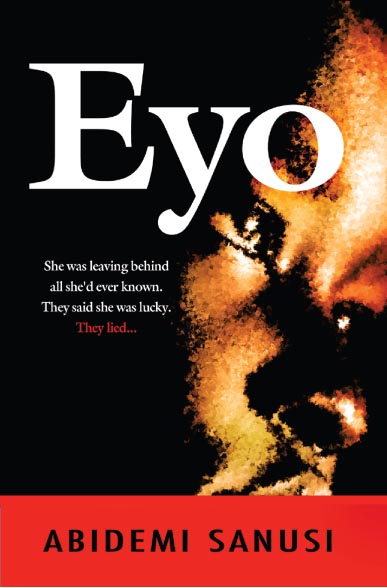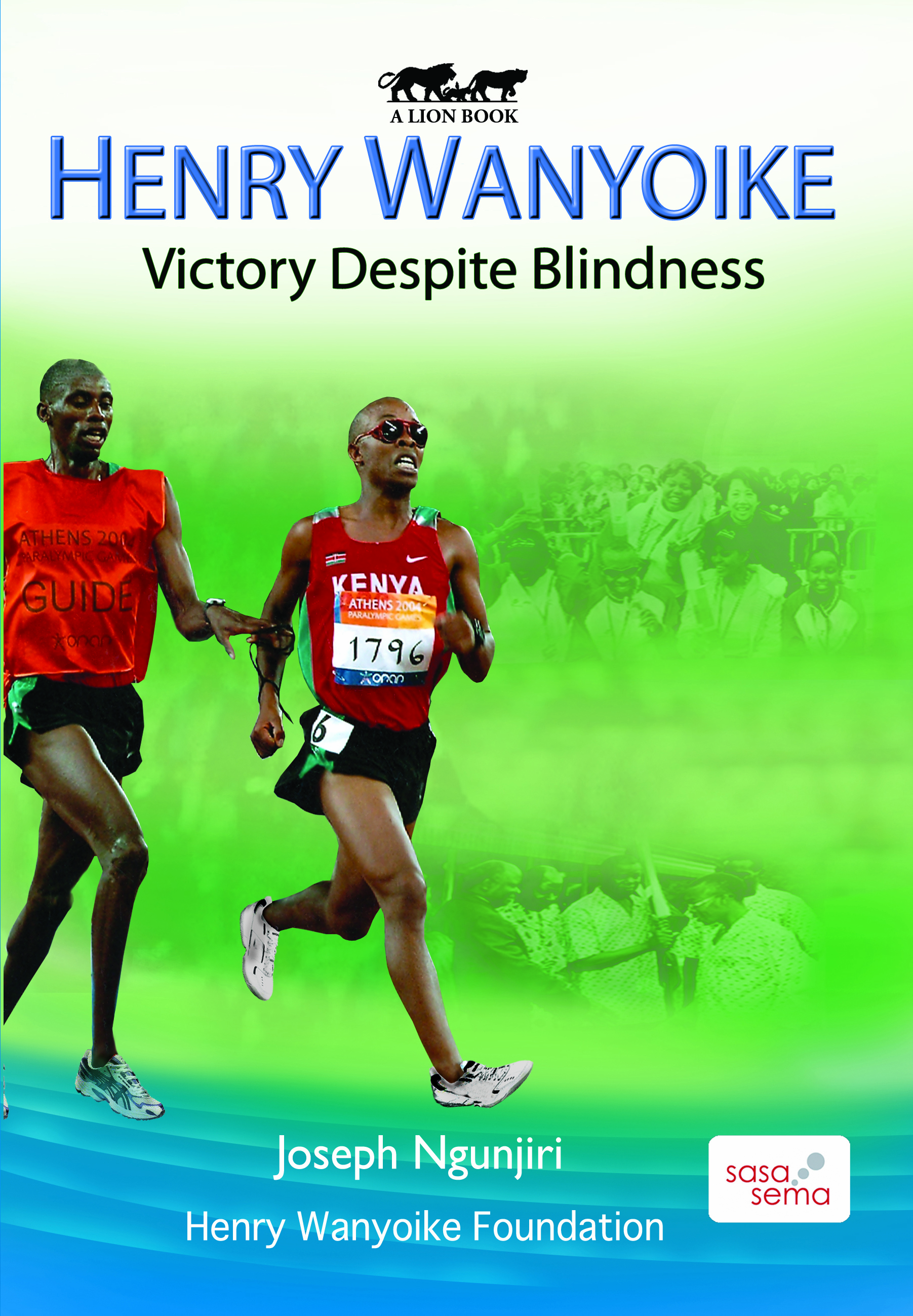I recently was invited to presented a paper, at a Ministry of Culture sponsored workshop, on the above subject and below are my thoughts.
Media continues to be an important tool in the dissemination of information in the country. This perhaps explains why media occupies such an exalted if not powerful position in the society we live in. This position of influence, if well harnessed, can bring about positive transformation in the society.
Ideally, media is supposed to serve the masses who consume it. However the reality on the ground is such that, due to ignorance, on the part of the public, media in Kenya is viewed with suspicion, in that it exists to serve not those it is supposed to serve.
Many of you gathered here today will agree with me that worst, the media is perceived as a tool to ‘fix’ out people one has some form of quarrel with. Even then, it is a privileged few who have access to media. In short media is seen as a vengeful agent to be avoided at all costs.
At best, media is seen as an avenue to being famous, and this fame is mostly associated with riches, and not many people like the idea of remaining poor. On that respect alone, media and media practitioners are much sought after.
As a media practitioner I have had occasion to encounter both extreme perceptions of the media from the public I interact with. “Si utaniweka kwa gazeti?” comes the hopeful question from those believe that only good can come from the media. “Wewe, usiniweke kwa gazeti!” is the admonishment from those who think the media is out to harm them. And in the case of the latter, it is not uncommon to hear incidents where media practitioners have had their lives threatened.
It is against this background that we must look at the role of media in the promotion of cultural content. It is also important to note that in the Kenyan media scene, not much premium is placed on culture and the arts, where creative works lie.
A casual glance at the Kenyan press will reveal the heavy bias towards reporting politics and politicians, little wonder politicians call have so much influence in our society, such that almost everything they say or do is rarely questioned.
Last year’s post-election violence is enough testament of the pervasive influence politicians have on us.
But I digress. The fact of the matter is that very little space is given to the coverage of the arts. Even in the newsrooms where we work, art and cultural writers are not taken that seriously. The unwritten rule, both in the newsroom and outside, is that you have to be a political writer to be taken seriously.
The other day I attend a joint forum for artistes and art journalists, when a well-known thespian made the unsubstantiated allegation to the effect that journalists only take up art writing, while waiting for better prospects… of eventually becoming political writers.
Well, let me say there are committed art and cultural writers, who would never substitute what they do, however unglamorous, to follow politicians around.
I long for the day when the leading news items will be Njue Kamunde (a children’s writer) holding a press conference to announce the arrival of his latest book. The reality however is such that Njue would probably not have the guts to approach a media person.
Yet, Njue, or any other writer for that matter, needs to be able to command the attention of a journalist at any given time.
When you talk about a creative writer, we are in essence talking about intellectual property. In countries like the US, the intellectual property industry is worth billions of dollars. Hollywood alone contributes a very significant proportion to the exchequer in that country.
Maybe to speak in more familiar terms names like Robert Ludlum, John Grisham, just to name but two, should be able to tell you the power of creative writing. If Grisham, for example decided to comment on the proposed health care plan in America, chances are that he would knock Obama off the headlines.
No matter how eloquent our Njue is, he can not even dream of sharing his thoughts on, say, the prosecution of post-election violence suspects, not unless he decides something out of the ordinary.
This point brings to mind Okoiti Omtata, a creative writer, who in order to get heard, had to chain himself to the fence at police headquarters. Today Omtata is known more for his political and not cultural activism. Not many people know that his play, Voice of the People, which won the Wahome Mutahi Prize for Literature, in 2008.
To remedy this situation, there needs to be a paradigm shift in the way the creative industry operates in this country. I think it is high time players in the creative industry engaged the media in a meaningful dialogue.
As an art and culture writer, I run a weekly column on happening in the industry, and every week, I have to prod people in the industry to give me material for the page. At times I am forced to beg to get this information. How do you then expect my editor to take me seriously when the political writer is spoilt for choice over what to write?
Not that there is nothing happening in the creative and cultural industry, it is just that players in the industry do not think it merits any attention. You see when I have more than enough material to put on my page, only then I can convince my editor to give me more space.
Along the same lines I challenge the parent ministry to take a more proactive role in promoting the creative/ cultural writing industry in the country. It is so disappointing when all the major literary prizes are scooped by Southern and West Africans.
I believe with more exposure, and need I say trainings, our writers can compete effectively with their colleagues in the West and Southern African countries. Then, they can be able to make news, not only locally, but also internationally.
This is not to say that the media is free from blame. Far from it. Our local media needs to take an affirmative action approach in the coverage of the arts and culture in the country. Maybe when artistes and cultural practitioners notice that their industry is being taken with more seriousness and sensitivity, then they would be more forthcoming with information. Who knows, it would spur more creativity.
Artistes and cultural practitioners, and supporting bodies like the Culture Ministry, should also take it upon themselves to sensitize media practitioners on the finer details of their operations and activities. This should be in the form of trainings and seminars.
As things stand, there is a lot of ignorance in our media, as regards what art and cultural reporting entails. Again going back to art and art writers’ forum, some of the artistes accused the journalists of not understanding what they do. To them, I will say this; If you do not take the trouble to enlighten me on what it is that you do, how do you expect me report you accurately and favourably?
With the help of more accurate, effective and informed art and cultural writing, our creative writing gets wider exposure. This exposure leads to more awareness among the reading public – and let us not talk about Kenyans poor reading habits here – and this translates into more sales and therefore better earnings.
And in conclusion, I will say here that with more meaningful dialogue between artistes and art writers, then Njue will only be too happy to see me than threaten me with dire consequences if I ‘put’ him in the papers.
And by meaningful dialogue, I mean that Njue should be able to understand that I will time and again be called upon to criticize his work, if only with a view growing him.
That said I would rather Njue be mad at me for pointing out his weaknesses, than have him happy with me covering up his mediocre output.






